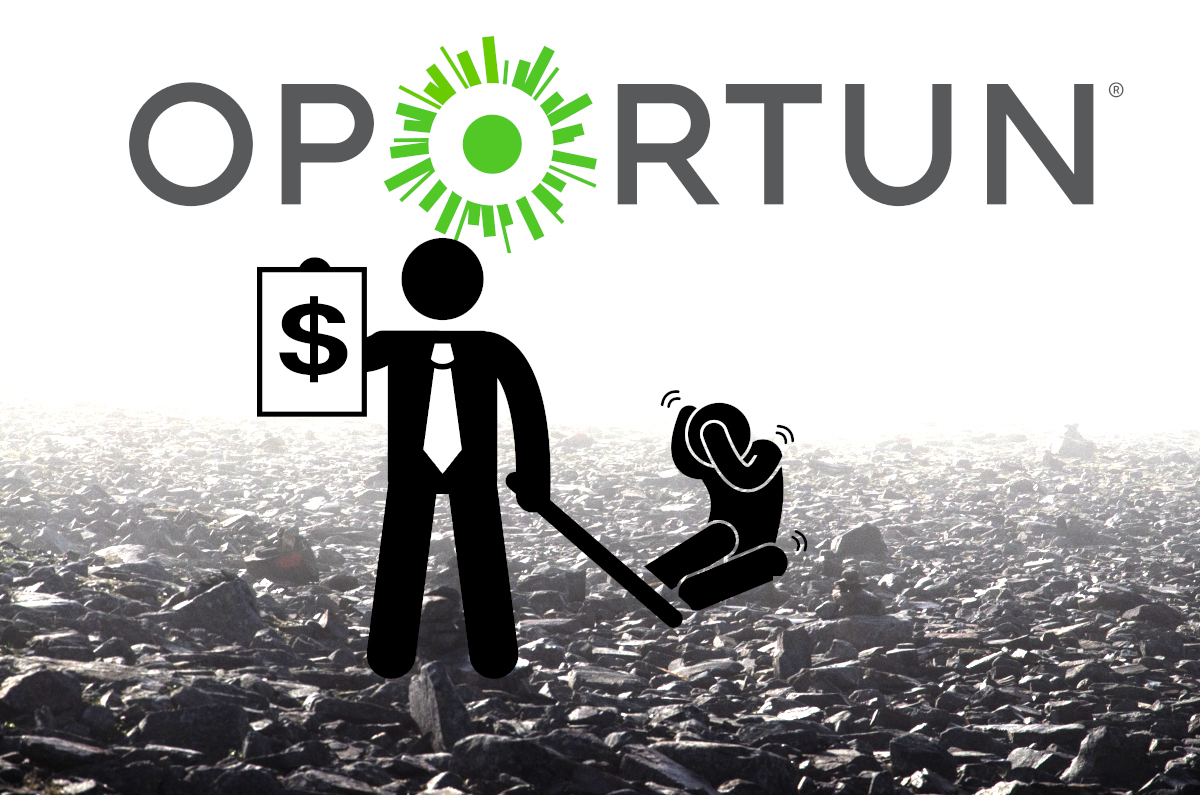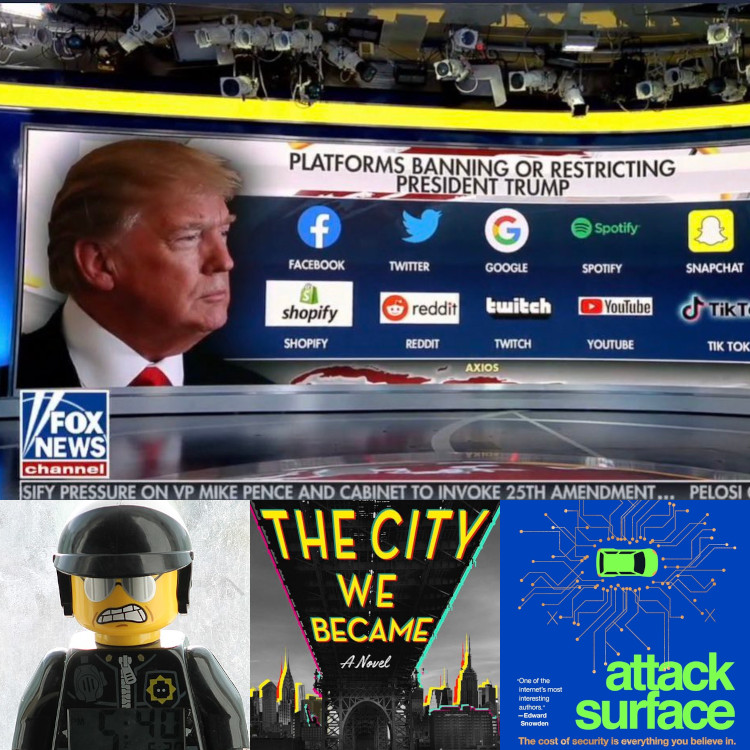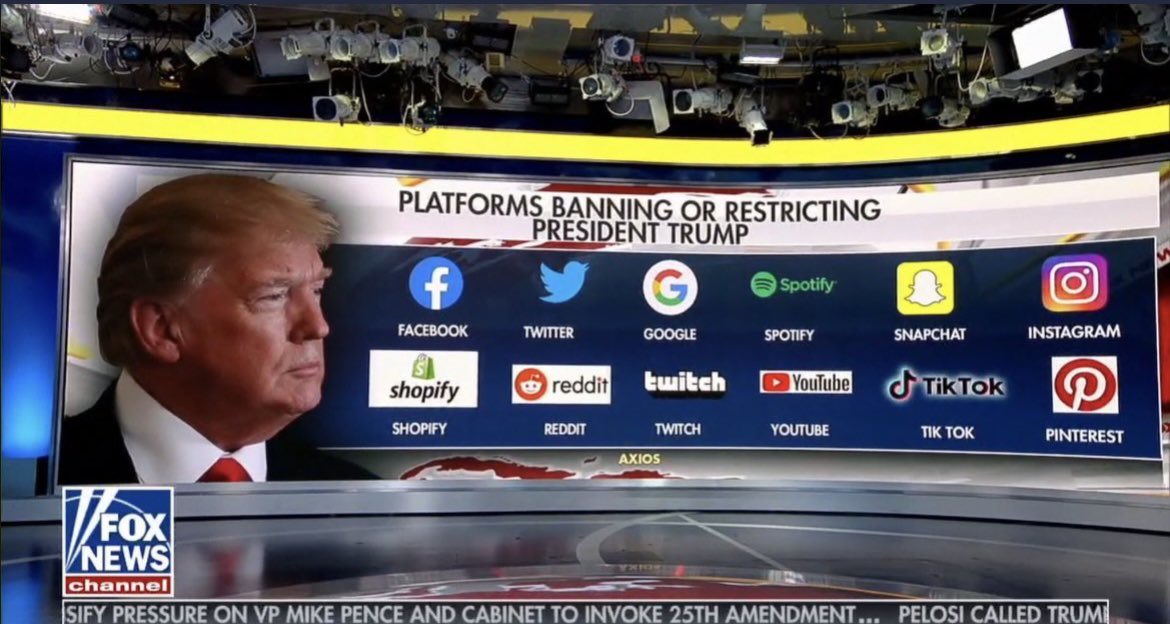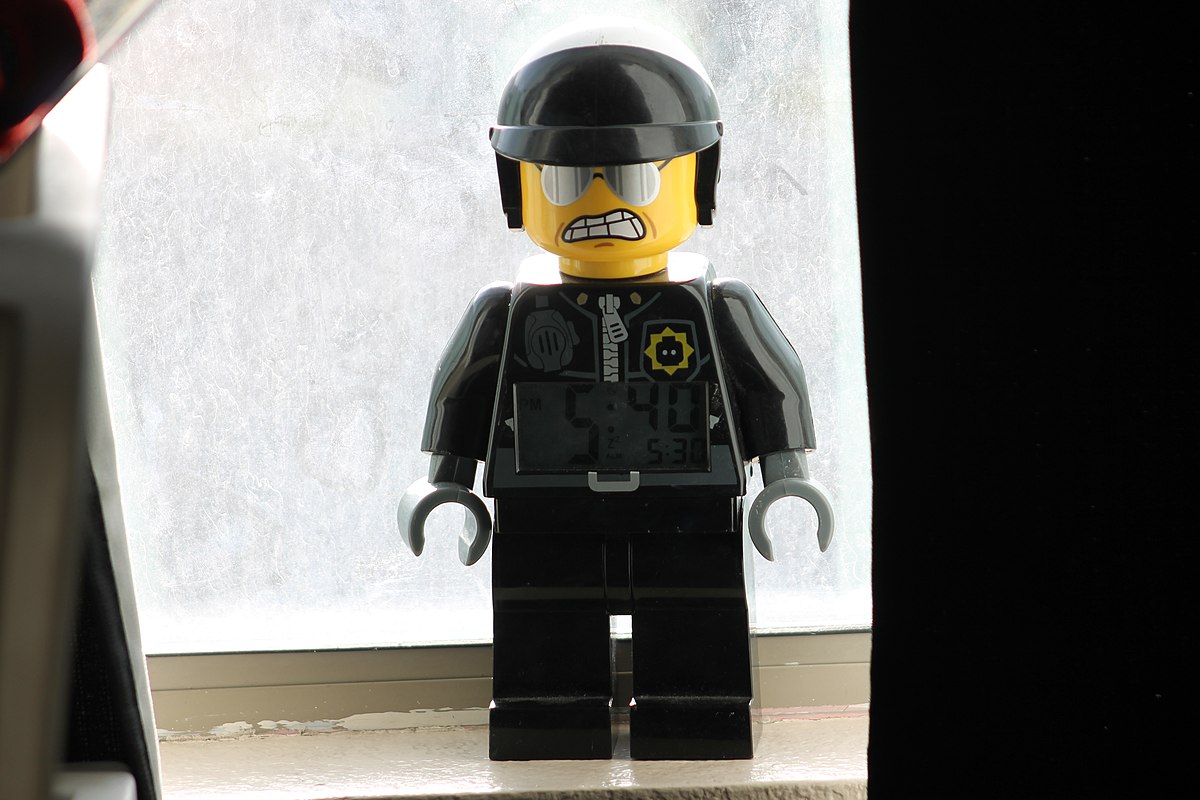
"Partner with us today to build a better tomorrow" - that's the slogan for @oportun, a predatory lender that sued more poor latinx people during the pandemic than any other.
propublica.org/article/the-lo…
1/
propublica.org/article/the-lo…
1/

The company sued longtime customers who'd spent years in a debt-trap of endless payments and refinancing, customers who lost their jobs and missed some of those payments.
2/
2/
It was just an escalation of business-as-usual for a company that has sued 30 customers a day, every day since May 2016. The company filed 10,000 lawsuits in the first five months of the pandemic. They are among the nation's most litigious lenders.
3/
3/
No wonder. With APRs as high as 66.99%, Oportun has guaranteed that vast numbers of borrowers will fail to meet their payments and end up trapped in the company's lawsuit factory.
4/
4/
Now they want to go national. The company - which operates in 12 states today - has applied for a nationwide banking charter. But thanks to reporting from @propublica and the @TexasTribune, they may not get it.
propublica.org/article/a-lend…
5/
propublica.org/article/a-lend…
5/
40+ consumer rights and latinx groups cosigned a letter to the @USOCC objecting to Oportun's application. Among the signatories is @WeAreUnidosUS, who partnered with Oportun as recently as 2019.
beta.documentcloud.org/documents/2044…
6/
beta.documentcloud.org/documents/2044…
6/
Oportun promises to draw down its campaign of legal terror against victims of its predatory lending, but that's too little, too late. For the sake of the 10,000+ covid-impoverished families they terrorized at the pandemic's height, they should be shut down, not expanded.
7/
7/
Image: Gan Khoon Lay (modified)
thenounproject.com/term/debt-coll…
CC BY:
creativecommons.org/licenses/by/4.…
thenounproject.com/term/debt-coll…
CC BY:
creativecommons.org/licenses/by/4.…
• • •
Missing some Tweet in this thread? You can try to
force a refresh








